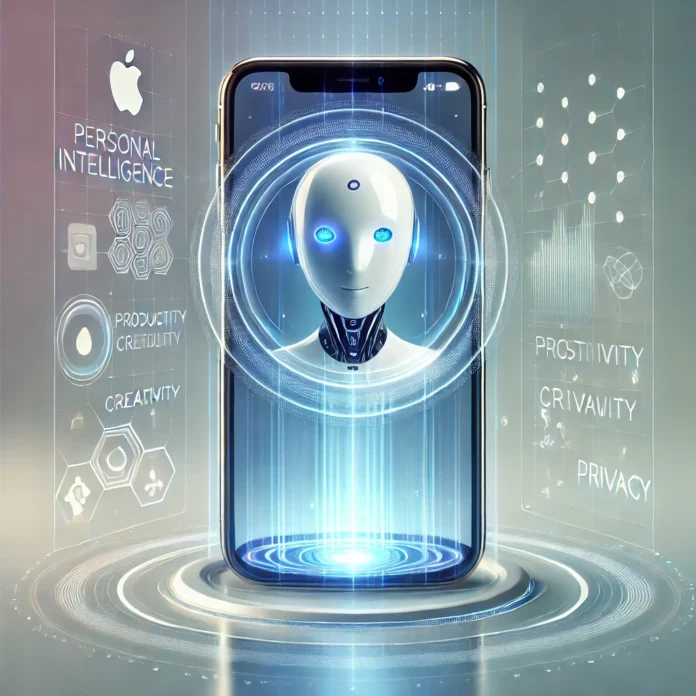After months of speculation and mounting pressure, Apple has officially entered the generative AI race with the announcement of «Apple Intelligence,» a deeply integrated suite of AI features poised to redefine the user experience across its ecosystem. Unveiled at its annual Worldwide Developers Conference (WWDC) on June 10, 2025, the new system prioritizes personal context and privacy, leveraging on-device processing to deliver what Apple calls «AI for the rest of us.»
Unlike competitors who have largely focused on cloud-based models, Apple’s strategy is rooted in user privacy. The majority of Apple Intelligence tasks are handled directly on the device’s silicon, utilizing the power of the A17 Pro and the new M-series chips. This on-device approach ensures that personal data—from emails and text messages to calendar events and photos—remains private and is never sent to a server. For more complex requests that require greater computational power, Apple introduced «Private Cloud Compute,» a system that sends only the necessary data to secure, Apple-silicon-powered servers for processing, with a guarantee that the data is never stored or made accessible to Apple.
The new features are set to transform core applications in iOS 19, iPadOS 19, and macOS Sequoia. The once-maligned Siri has received a significant overhaul, now capable of understanding natural, conversational language and personal context. Users can ask more complex, sequential commands, and Siri can find information across apps, such as retrieving a photo sent by a family member or summarizing a long email thread.
Beyond Siri, Apple Intelligence introduces powerful «Writing Tools» system-wide. These tools allow users to rewrite, proofread, and summarize text in apps like Mail, Notes, and Pages. A new «Image Playground» feature enables users to create generative images in seconds, directly within messaging threads or dedicated apps, using simple text prompts. Another whimsical addition is «Genmoji,» which allows users to create custom emoji on the fly based on a description.
In a landmark move acknowledging the need for broader world knowledge, Apple also announced a strategic partnership with OpenAI. When a user’s query extends beyond the capabilities of Apple’s on-device or private cloud models, Siri will ask for permission to consult OpenAI’s flagship model, ChatGPT-4o. This integration is designed to be seamless, providing users with expert-level answers on a vast range of topics without needing to switch apps. The collaboration underscores a pragmatic approach from Apple, combining its strength in user experience and privacy with the powerful, general-purpose models of a leading AI lab.
Apple Intelligence will be available in beta this fall and will be exclusive to newer hardware, specifically the iPhone 15 Pro and newer models, as well as iPads and Macs equipped with M1 chips or later. This hardware requirement highlights the intense computational demands of on-device AI. The announcement marks a pivotal moment for Apple, as it finally deploys its immense resources to compete directly with Google’s Gemini and Microsoft’s Copilot, betting that a privacy-first, deeply integrated approach will resonate most with its billion-plus users.




